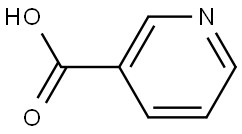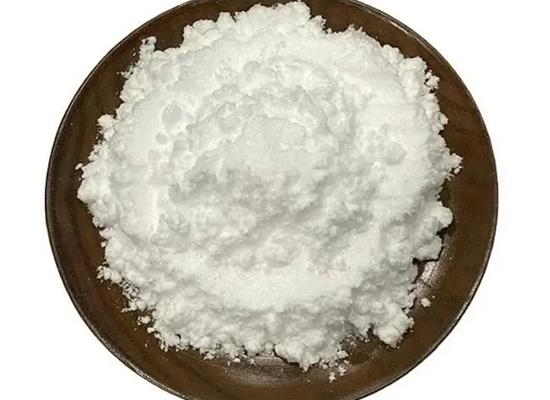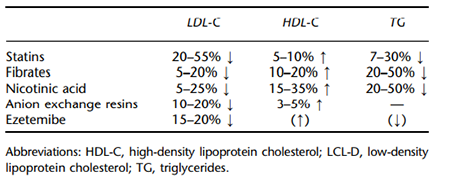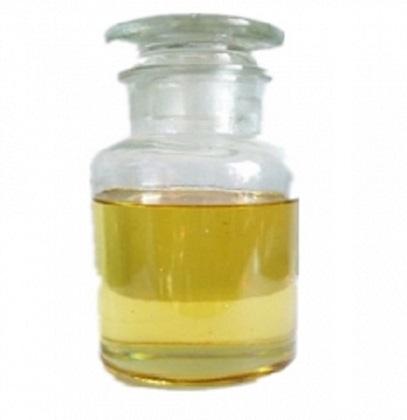What is Nicotinic acid?
1. What is Nicotinic acid?
Nicotinic acid, also known as niacin, anti-mangie factor, vitamin B3, vitamin PP, is one of the water-soluble B vitamins. Niacin is relatively stable in nature, and generally has less loss in cooking and processing, but it will be lost with water.
2. What is the effect of Nicotinic acid?
Nicotinic acid is an essential vitamin for the human body, and a certain amount of supplement is needed in the daily diet. Nicotinic acid exists in the body in the form of nicotinamide, which constitutes Coenzyme I and Coenzyme II, and participates in the synthesis of substances in the body and the regulation of energy metabolism reactions.
Nicotinic acid is also one of the components of glucose tolerance factor, which maintains the normal function of insulin. Large doses of niacin can lower blood cholesterol and triglyceride levels and dilate blood vessels.
3. How much niacin does the body need every day?
The reference intake of niacin in the diet is expressed in niacin equivalent (NE), which is the milligram of niacin in the diet, which is one-sixtieth of the milligram of tryptophan, because tryptophan can be Converted to niacin. The recommended daily dietary intake of niacin for Chinese residents is 15mgNE for adult men and 12mgNE for women.
4. Where does niacin come from?
Nicotinic acid can be ingested directly from food. It is rich in animal liver, kidney, fish and poultry meat, whole grains, and nuts.
Nicotinic acid can also be converted in the body and converted from tryptophan with the participation of vitamins B1, B2 and B6. Although the content of niacin in milk and eggs is low, the content of tryptophan is high, which can be converted into niacin in the body. In addition, the intestinal flora can also synthesize a small amount of niacin.
5. Who may be deficient in Nicotinic acid?
Due to the wide range of food sources of niacin, it is not easy for ordinary people to lack it in a normal diet. Nicotinic acid deficiency is often accompanied by deficiencies of other nutrients such as vitamin B1 and B2. The niacin in corn is a combined type and cannot be absorbed and utilized, and there is less tryptophan in corn, which cannot meet the needs of human body to synthesize niacin. Therefore, people who simply feed on corn as their staple food and consume less other animal foods Prone to niacin deficiency.
The reduced intake of staple and non-staple foods for long-term drinkers will lead to insufficient intake of niacin and its precursor tryptophan. At the same time, alcohol can inhibit the absorption and utilization of niacin, interfere with the conversion of tryptophan to niacin, and easily cause niacin deficiency in the body. .
Long-term use of some drugs, such as isoniazid, azathioprine, 5-fluorouracil, etc., can inhibit the metabolism of niacin or its precursor tryptophan, which can easily lead to niacin deficiency.
Related articles And Qustion
Lastest Price from Nicotinic acid manufacturers

US $0.00-0.00/kg2026-01-13
- CAS:
- 59-67-6
- Min. Order:
- 1kg
- Purity:
- 99%-101%; USP
- Supply Ability:
- 1000kgs

US $0.00/kg2025-09-28
- CAS:
- 59-67-6
- Min. Order:
- 1kg
- Purity:
- 98%
- Supply Ability:
- 1000kg



